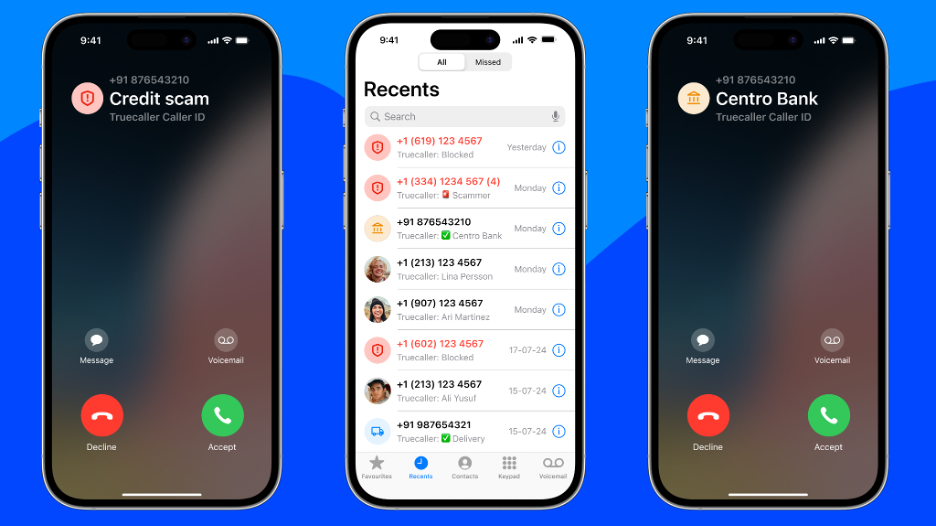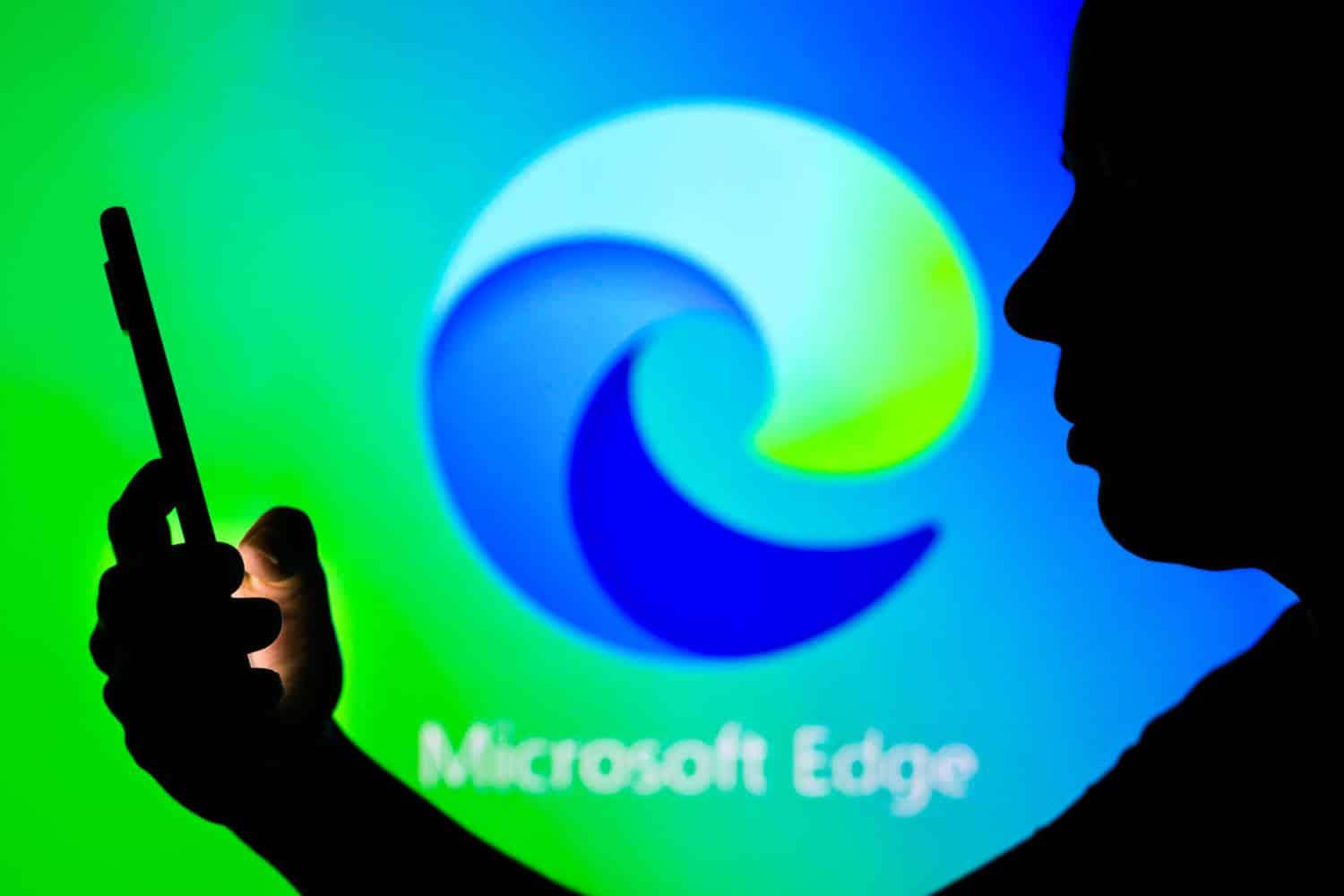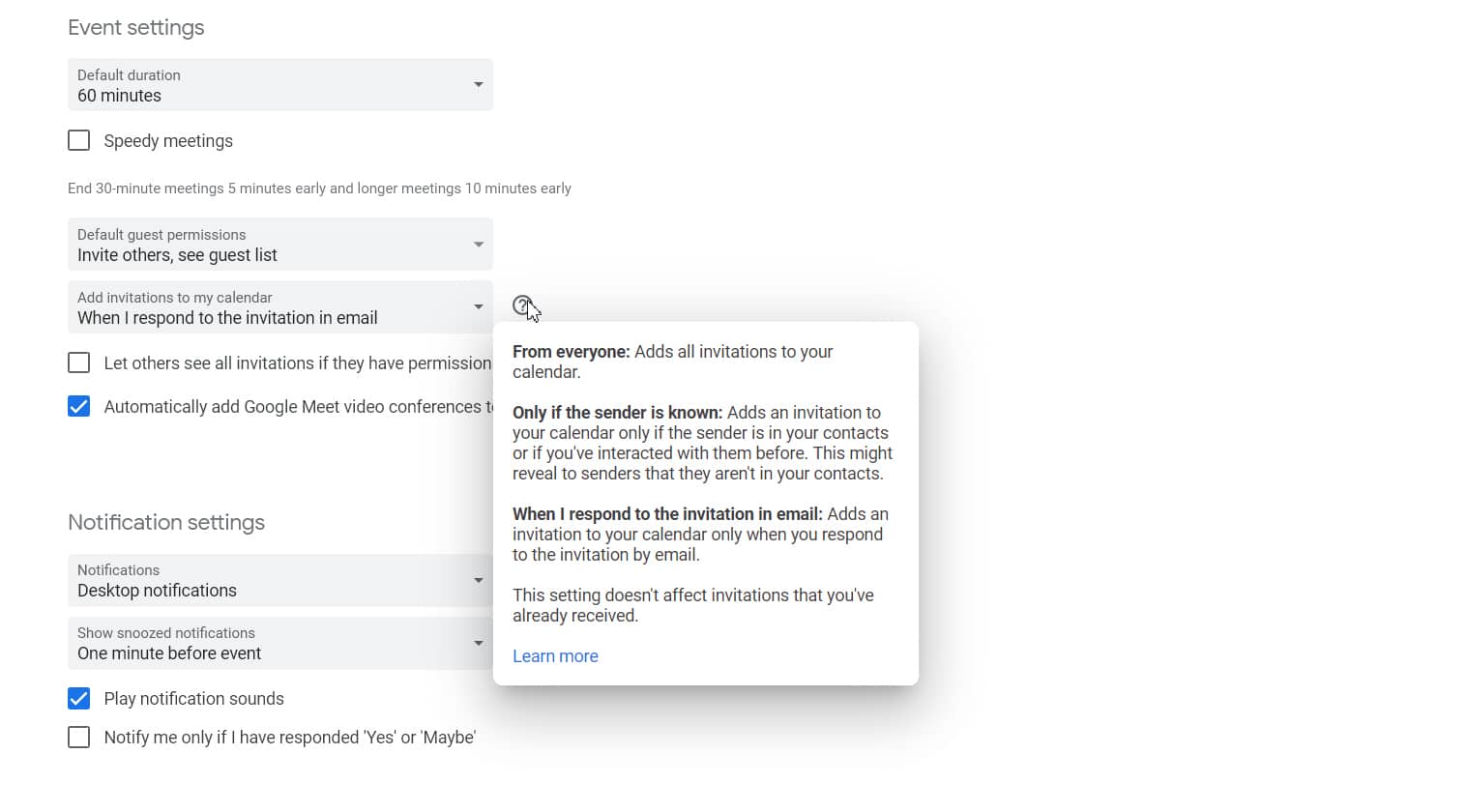WhatsApp is working on a new way to cut down on spam
Like email, SMS, and just about every other method of communication, WhatsApp suffers from spam. There are certainly things that can be done by users to stem the flow of spam that makes its way to their inboxes, but WhatsApp is also trying to help.
The platform has already introduced a system designed to automatically detect and block spam, but it is not perfect; no system is. And so, WhatsApp is trying another approach that will apply to businesses and individuals alike.

Google is cutting off noisy websites in Chrome -- here's how it works
When you visit a new website in a browser like Google Chrome, you may see a small prompt near the address bar asking whether you want to allow notifications. It’s easy enough to click “allow” in the moment, but not always easy to find where to turn those notifications off again later.
For many users, the result is an endless stream of alerts, banners, and prompts that make browsing far noisier than it needs be. Chrome’s latest experiment aims to cut this overload with a feature that automatically removes notification permissions for sites that users no longer engage with.

Spotify removes 75 million spam tracks and introduces stronger AI rules
Spotify has removed more than 75 million spam tracks in the last year, a move it says is part of its response to the rapid growth of generative AI in music.
The audio streaming giant announced the figure alongside new policies to curb spam uploads, protect artists from impersonation, and give listeners clearer information about when AI tools are involved in a track’s creation.

Truecaller brings Android-level spam blocking and caller ID features to iPhone
Truecaller, the popular app known for tackling spam and scam calls, just made a huge announcement for iPhone users. With its latest update, Truecaller is finally bringing the same spam-blocking and caller ID features that Android users have enjoyed for years to Apple’s platform. If you’ve ever felt like you were missing out on some of Truecaller’s best tools, that ends now.
This update is powered by Apple’s new Live Caller ID Lookup framework, a tool specifically built for apps like Truecaller to handle caller ID securely. Using advanced encryption, this framework ensures that privacy is a priority while still allowing real-time caller identification. This a pretty big win for users tired of unknown calls.

US is top source of spam emails
The latest Email Threat Trends report from VIPRE Security Group identifies the US as the top source of spam emails globally, followed by the UK, Ireland, and Japan. The US, UK, and Canada are the top three countries most subjected to email-based attacks.
Looking at targets, the manufacturing, government, and IT sectors are the most attacked by malicious actors. In Q1 2024, the manufacturing sector suffered 43 percent of email-based attacks, with government (15 percent) and IT (11 percent) trailing well behind. This is a change from Q1 2023, when attackers targeted the financial (25 percent), healthcare (22 percent), and education (15 percent) sectors most often.

New solution uses AI to target spam and phishing
Since the launch of ChatGPT there has been a surge in the number of phishing emails as AI makes it easier to create convincing lures.
Email security specialist SlashNext is fighting AI with AI thanks to the launch of a new generative AI large language model (LLM) to deliver accuracy and precision in spam detection, with claimed near-zero false positive rates.

Phishing attacks up 40 percent in 2023
Kaspersky's annual spam and phishing report, released today, shows its anti-phishing system thwarted over 709 million attempts to access phishing and scam websites in 2023 -- a 40 percent increase over 2022.
There's also been a surge in attacks spread via messaging platforms, including 62,127 phishing attempts on Telegram -- a 22 percent increase from the year before. AI platforms, social media services, and cryptocurrency exchanges are the other most-exploited channels.

Up to a third of companies could fall foul of new bulk email rules
New research from cyber resilience company Red Sift shows that 33 percent of publicly traded companies worldwide are not protected by the DMARC email standard, though this is down from 70.5 percent in 2022.
However, in light of Google and Yahoo's new rules for bulk senders -- those sending over 5,000 emails daily -- which come into force on February 1st and are aimed at reducing spam, not using DMARC is a problem.

Nigerian princes are back -- now with the help of AI
Emails from supposedly wronged and robbed Nigerian nobility asking for help in exchange for a payout of millions were one of the very earliest email scams.
For a while 'Nigerian prince' emails, also known as '419 scams' in reference to part of the Nigerian Criminal Code relating to fraud, were a regular feature in most people's inboxes.

Over half of travel-themed spam emails are scams
Ever keen to jump aboard a passing bandwagon, scammers are looking to make a quick buck by exploiting eager vacationers trying to save money when booking travel deals.
But new research from Bitdefender Antispam Lab finds that only 38 percent of analyzed travel-themed spam emails received during a three-month analysis were marketing lures, with the remaining 62 percent marked as scams.

Microsoft Edge now blocks spam notifications on the sites you visit
Notifications can be useful, but all too often they are used by websites to spam people. To help protect users against such irritations, Microsoft has announced new notification blocking for its Edge browser.
The company says it is aware that website notifications may not only be annoying, but can be misleading or even dangerous. The aim in block spammy notifications is to not only offer protection to users of Microsoft Edge, but also to help them to get the most out of notifications.

New product helps find threats hidden in graymail
'Graymail' refers to those emails that aren't quite spam but which aren't necessarily all that helpful either. Think things like newsletters, announcements, or advertisements that you may have opted into in the past but which have outlived their usefulness.
It presents a headache for security teams as it can be hard to distinguish from malicious content like reconnaissance attacks. Armorblox is launching a new product aimed at cutting the time security teams spend managing graymail and mitigating the security risks from malicious recon attacks.

Google Calendar releases new spam protection
Spam in your calendar? It’s not something that most of us think about -- the word brings to mind email and phone calls and even just old-fashioned snail mail. But your online calendar is also a very real target and it may be growing worse.
It’s actually fairly ingenious; a spammer sends an invite to an event and, even if the email invitation goes to your spam folder, the event still goes to your Google Calendar. When you click on the event in your calendar it contains a malicious link. Even if you click 'decline' it can still take you to possible NSFW content, or worse. Plus, declining will simply cross out the appointment and leave the reminder behind.

Brace yourself for Black Friday spam
Cybercriminals are always keen to jump on current trends and events in order to promote their wares, so it's no surprise that as we approach one of the busiest online shopping periods there's inevitably a jump in related spam activity.
Researchers at Bitdefender Antispam Lab have been looking at the latest scams seeking to target consumers in the run up to Black Friday. Numbers have been ramping up in recent weeks, of all Black Friday-related correspondence during the Oct 26-Nov 9 timeline, 26 percent appeared on November 9.

Was your Facebook feed flooded with celebrity spam today? Mine too
When I checked Facebook this morning, I was greeted by loads of posts to WandaVision star Elizabeth Olsen. I don’t follow Elizabeth Olsen on Facebook and, for the most part, I have no interest in what other people are saying to her on the social network (I expect she is similarly disinterested in the messages she gets via the platform, if the sample I saw is anything to go by).
I knew I hadn’t been hacked, but it was still a very weird sight. I wasn’t alone here, as my colleague Sofia reported the same issue. It turns out, this was a problem affecting a huge number of users which saw celebrity fan pages and groups being boosted to the top of Home feeds around the world.
